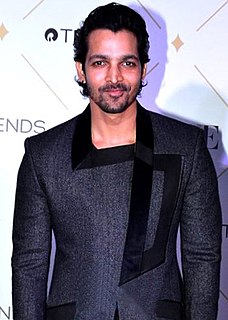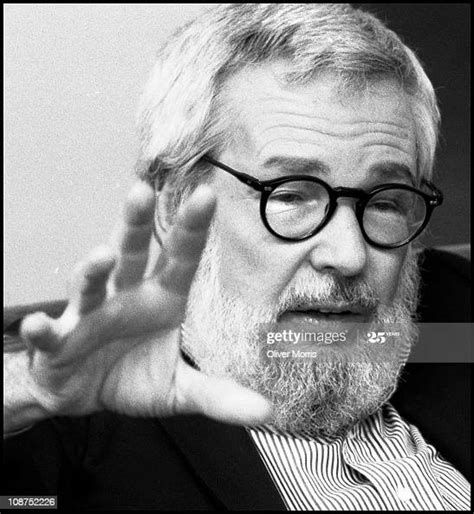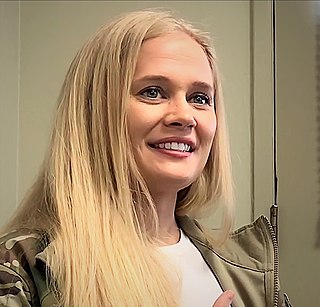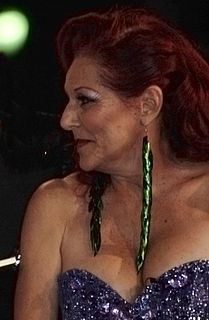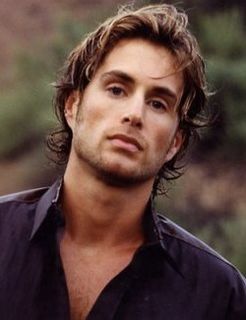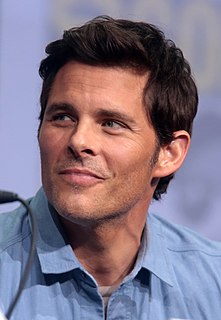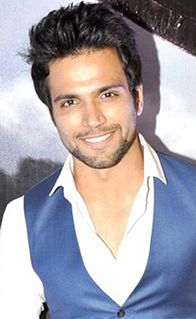A Quote by Harshvardhan Rane
I always try that my next film is different than my last movie. I would like to surprise my audience; that, I think, is the job of an actor.
Related Quotes
I always try to better myself with every movie I make. I don't take anything sitting back and so I try to learn from every film I make and carry that onto the next movie because I think it's important as a filmmaker to keep growing with each film and I think I am growing with each movie. And I think it's important because you need to strive to better yourself.
Christian audience, I think, have grown very tired of movies that try to pander to them. For instance if someone goes, "Ok, we're designing what we're going to do with this movie. It's a Christian movie and they'll eat it up." And you know what? Consumers are smarter than that. They go, "The movie isn't that great and he thought that I would just be a sucker and plop my $10 down for it?" Because you're looking down at the audience. You can't pander to an audience.
A movie is made for an audience and a film is made for both the audience and the film-makers. I think that The Game is a movie and I think Fight Club's a film. I think that Fight Club is more than the sum of its parts, whereas Panic Room is the sum of its parts. I didn't look at Panic Room and think, "Wow, this is gonna set the world on fire". These are footnote movies, guilty pleasure movies. Thrillers. Woman-trapped-in-a-house movies. They're not particularly important.
It's basically how I choose movie roles. Would I like to see this movie? Is this movie important? Why would I do this? And Headhunters is a movie that I would like to see in the cinema. And when it's sold to 50 countries or whatever, for me it's a great deal. I make movies for an audience so if that audience grows, I feel really honoured and thankful for it.
As an actor, you should always keep your trump card hidden from your audience. I want the audience to keep expecting more and more from me. I want to do 'different' work - good and memorable roles - so that audience appreciate me more. That's why I love to surprise my audience with something they never expect me to do.
I like the saying: "The world is as you are." And I think films are as you are. That's why, although the frames of a film are always the same - the same number, in the same sequence, with the same sounds - every screening is different. The difference is sometimes subtle but it's there. It depends on the audience. There is a circle that goes from the audience to the film and back. Each person is looking and thinking and feeling and coming up with his or her own sense of things. And it's probably different from what I fell in love with.
I think the biggest challenge was being aware of a certain audience that was going to see this film [lone survivor]. There's a big difference from a typical movie, journalists and critics and film goers that go see it find that, that's the general experience you have as a filmmaker. So that just kind of proves my point that there's a really different audience.
